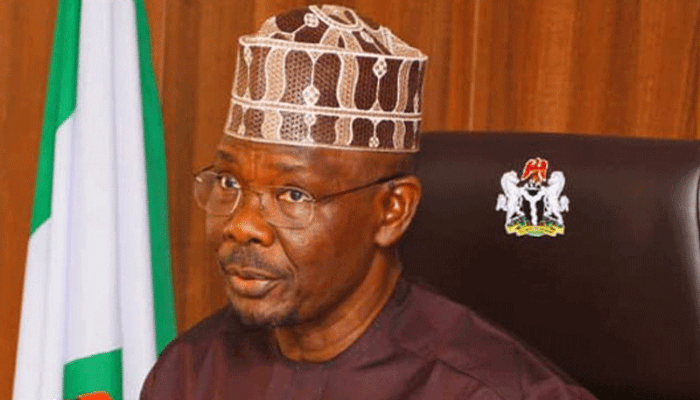By Atoyebi Nike
In a major step to strengthen agricultural productivity and ensure food security, the Nasarawa State government has commenced the distribution of free fertiliser to over 73,000 farmers across the state.
The initiative was announced on Tuesday at a press briefing in Lafia by Peter Ahemba, Senior Special Assistant on Public Affairs to Governor Abdullahi Sule. According to him, 500 farmers from each of the state’s 147 electoral wards will benefit from the programme, totaling 73,500 beneficiaries.
Ahemba stated that the fertiliser distribution is part of the administration’s support for President Bola Tinubu’s Renewed Hope Food Security Agenda, aimed at ramping up food production nationwide.
As part of the initiative, the chairmen of the 13 local government areas were also allocated 100 bags of fertiliser each to enhance farming on government-operated farms.
“The effort is designed not just to empower farmers but also to support the federal government’s goal of achieving self-sufficiency in food production,” Ahemba said.
Highlighting ongoing agricultural efforts, Ahemba disclosed that the state has cultivated 3,500 hectares of rice this season on government-owned farmland in Jangwa, Awe Local Government Area. In 2024, the state had earlier cultivated 2,000 hectares out of a total 10,000 hectares acquired in the same location.
He reiterated the government’s commitment to attracting investment in agriculture through timely provision of farm inputs and support services, with the aim of boosting production and improving rural livelihoods.
On rural development, Ahemba also revealed that Governor Sule’s administration is finalising plans for the construction of rural access roads to facilitate the transport of agricultural produce from remote areas to urban markets.
“These access roads will help farmers move their goods more easily, reduce post-harvest losses, and improve market access,” he added.
The fertiliser support scheme and rural infrastructure projects form part of a broader effort by the state government to reposition agriculture as a cornerstone of economic development.
